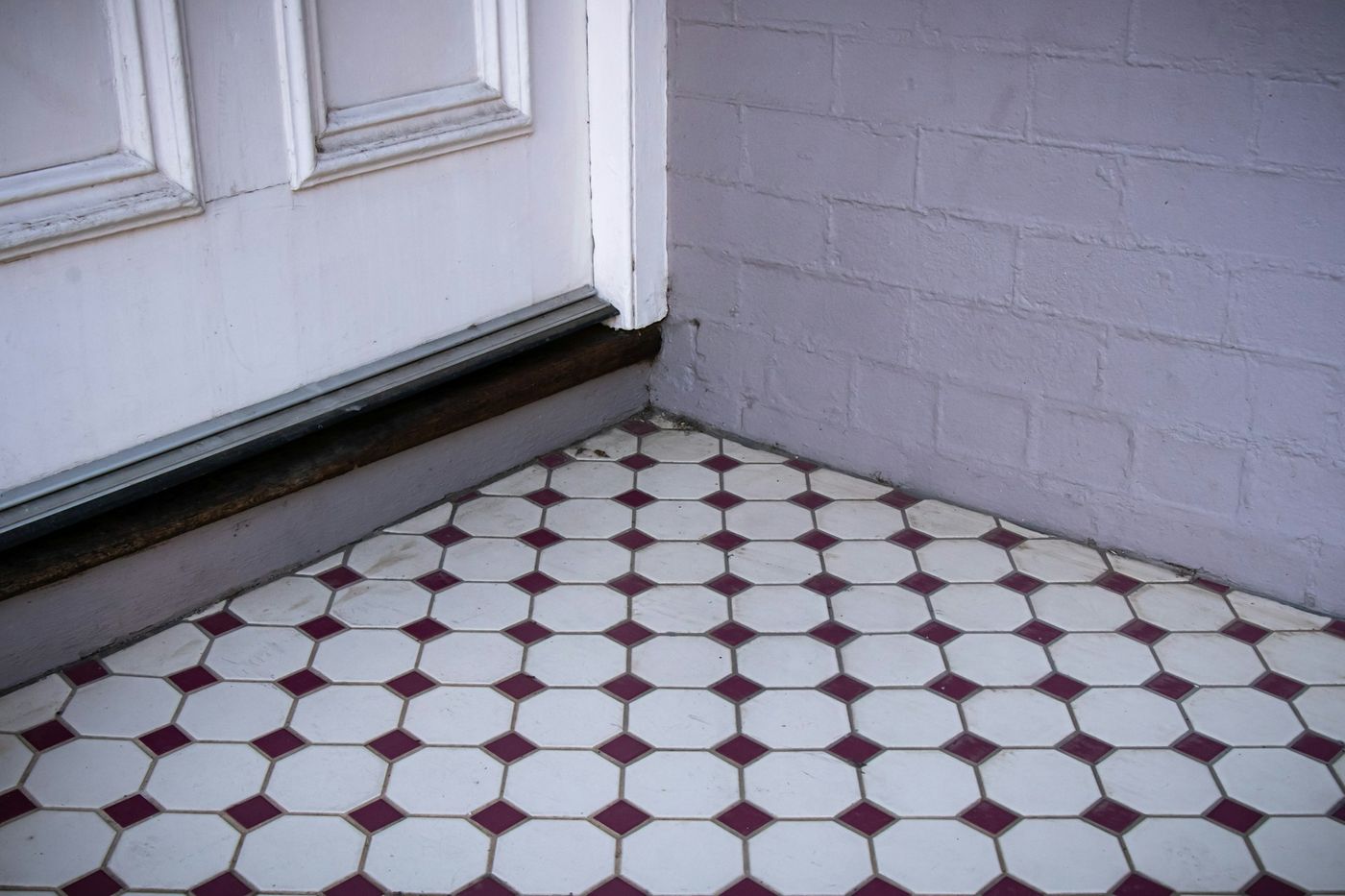Ever walked over your tile floor and heard a hollow sound beneath your feet? It can be quite unsettling, can't it? Hollow-sounding tiles aren't just an acoustic quirk; they often signal underlying issues that could lead to even bigger problems if not addressed. Perhaps the tiles weren't installed correctly, or maybe there's a problem with the adhesive holding them down. Regardless of the cause, understanding why this happens is the first step in preventing further damage and maintaining the beautiful look of your floor.
In this article, we'll explore the reasons behind these mysterious noises and provide guidance on how to detect and address loose tiles effectively. Ensuring that your tile flooring is in good shape not only preserves its appearance but also prevents costly repairs down the line. Let's dive into why your tiles might be sounding hollow and what you can do to fix it.

